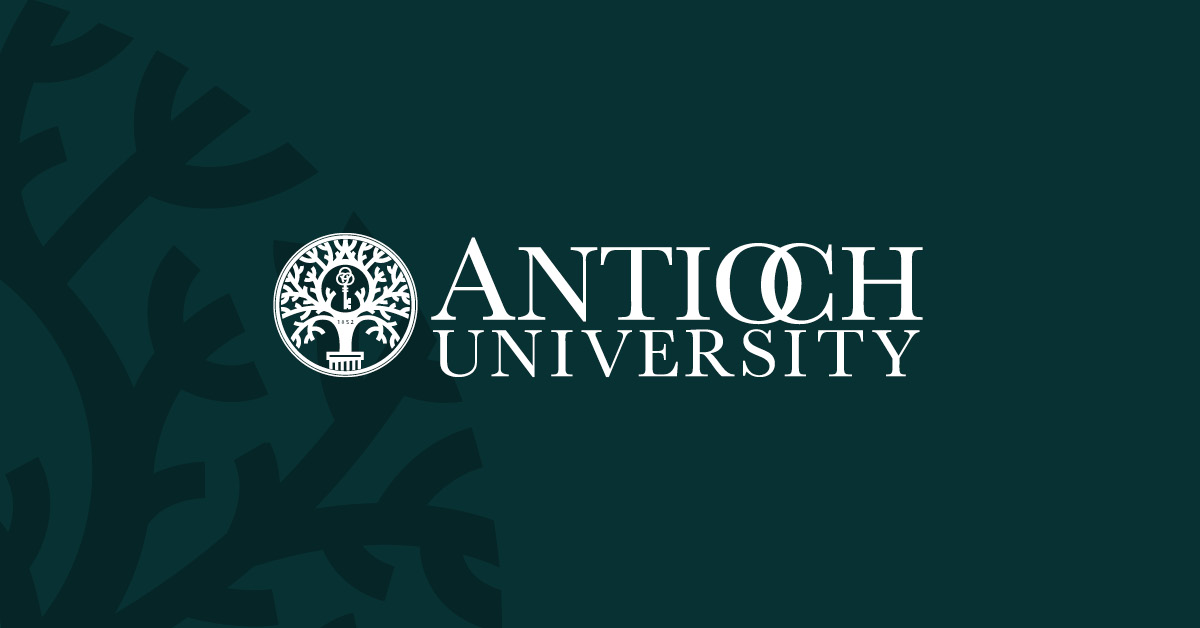 At the center of William Hafford’s life has always been Maine. At a young age, he moved from cities and military bases to the free-ranged sprawling greenery of the eastern state. The New England landscape imprinted on Hafford immediately.
At the center of William Hafford’s life has always been Maine. At a young age, he moved from cities and military bases to the free-ranged sprawling greenery of the eastern state. The New England landscape imprinted on Hafford immediately.
These days Hafford has a PsyD in clinical psychology from Antioch University and works in adventure therapy. Maine is still a key ingredient in Hafford’s practice, and that’s where you’ll find him most days–canoeing, hiking, climbing, or some other outdoor activity. For Hafford, the goal of these adventures is connection, a type of communion with nature.
“Adventure therapy is a way to connect. Until you have a connection with something, it’s not a relationship. It’s a commodity.”
There was a time, however, when he wasn’t sure what he wanted to do. In fact, right out of high school, Hafford assumed he would study at a university, but ended up not getting into any. It’s quite a jump, wondering what to do after high school to eventually graduating with an advanced degree, but to Hafford, it makes perfect sense.
‘Don’t push the river’ is a saying Hafford learned from his advisor Dr. Colby Smith meaning everything will come in its time. “I make use of that saying all the time,” he adds.
Still, at the time, it was a disappointing setback, and at eighteen, Hafford set out to find who he was and what he could offer to the world.
“I didn’t know what I was looking for when I was leaving high school,” Hafford says. “I didn’t have my act together at that time.”
During his journey, Hafford lived an eclectic life. Just out of high school, Hafford worked for a Shakespeare theater company making giant heads and rummaging through second-hand stores and flea markets for broadswords. He also started to volunteer for AmeriCorps and found that he had a passion for service.
“I started volunteering for everything: at homeless shelters and low-income housing projects, as a firefighter, and Big Brothers and Sisters. At that time, people and service were big callings for me. It still is but in a different way.”
At the same time, Hafford’s old passion for Maine gained a resurgence in his life. Hafford found himself outdoors more. His new life calling came to him during one of his hikes.
“I thought, what if there is a way to combine my newfound love of outdoors with my love of service?” It was the blending of these worlds, volunteering and outdoor recreation, which paved the way to Hafford’s new vocation: adventure therapy.
 “Adventure therapy is a modality of delivering therapy, just like art, dance, or play therapy,” Hafford says. “The primary focuses are behavioral, self-care, challenges, and the unknown.”
“Adventure therapy is a modality of delivering therapy, just like art, dance, or play therapy,” Hafford says. “The primary focuses are behavioral, self-care, challenges, and the unknown.”
Hafford applied and accepted at Unity College in Maine, eventually graduating with a dual major in leadership and therapy. After graduating, with the support of mentors and colleagues, Hafford decided to enroll in the PsyD doctoral program at Antioch. Because of Antioch’s focus on social issues and service that drew Hafford to the school, Hafford saw his time at Antioch as a natural extension of his work at Unity.
“The niche that Antioch provided was personally meaningful,” Hafford says.
During his time at Antioch, Hafford had to complete an internship. Since there were no internship options in Maine, Hafford had to get creative. Now with a young family, leaving Maine wasn’t an option, so he got creative and developed the Central Maine Internship Consortium with a fellow colleague from Antioch.
“I was new coming in, and the people at Antioch just let me run with my interests.”
For a year, Hafford worked with the consortium, pairing up with practices and programs throughout the area and delivering individual counseling, in-home family work, and running interpersonal therapy groups. “We also coordinated with the local VA (Togus) to complete didactic training with their interns and postdocs.”
For Hafford, Antioch was a continuation of the journey he started when he was eighteen. His education brought those same values from back then—a love of service and nature—from the periphery to the center of his life.
“The practice of psychology has deepened my sense of self. Before, early on, when I didn’t get accepted to any of those schools right out of high school, I just hadn’t figured out what I had to give.”
Hafford serves as associate professor of psychology and adventure therapy at Unity College, he returned there as faculty in 2013. He also opened a small private practice on the side in 2016. His scholarship focuses on working with experiential group work, engagement with nature, and climate change.
As far as the future? Hafford wants to finish the book he’s working on, an extension of his Antioch dissertation. Beyond that, he sees himself in a similar place to where he’s at now—running his practice, teaching, maximize time with his family in Maine, and, of course, sailing, canoeing, and hiking.



